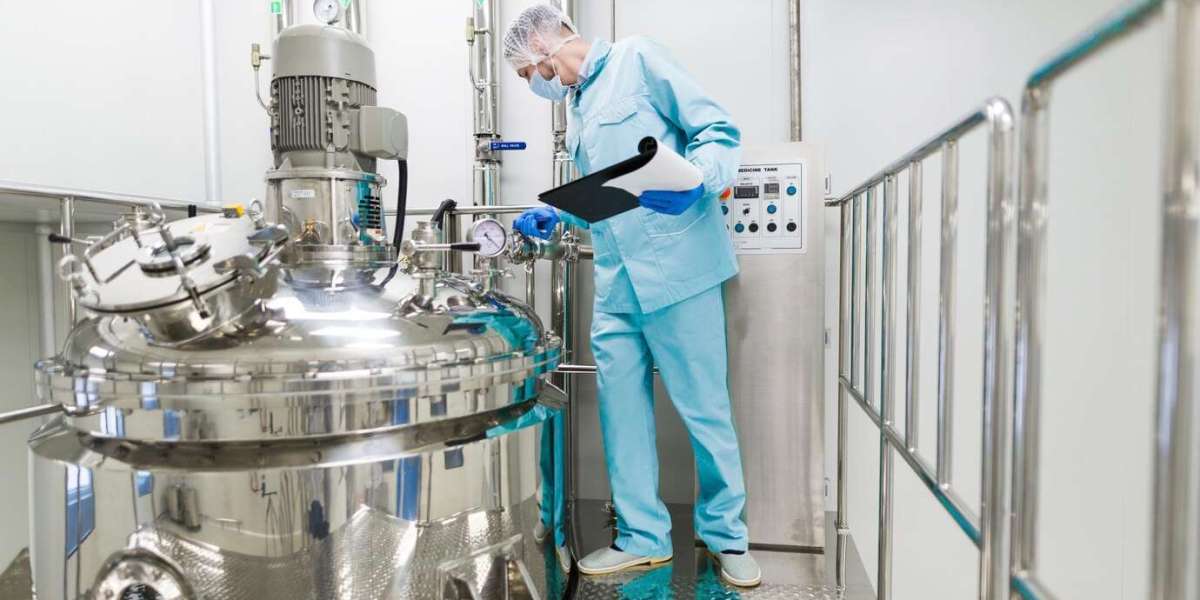A fermenter is a specialized vessel designed to facilitate the fermentation process, where microorganisms such as yeast and bacteria convert organic substances into valuable products like alcohol, organic acids, and biofuels. From homebrewing to large-scale industrial applications, a well-structured fermenter ensures optimal conditions for microbial growth, leading to consistent and high-quality results.
Types of Fermenters
There are different types of fermenters, each catering to specific fermentation processes. Choosing the right fermenter depends on factors like scale, microbial requirements, and product type.
1. Batch Fermenter
A batch fermenter operates in a closed system where all ingredients are added at the beginning, and the process runs until completion without further additions. This method is common in beer brewing, yogurt production, and pharmaceutical fermentation.
2. Continuous Fermenter
A continuous fermenter allows a steady input of fresh nutrients while simultaneously removing the final product. This method ensures ongoing microbial activity, making it ideal for large-scale enzyme, biofuel, and probiotic production.
3. Aerobic Fermenter
An aerobic fermenter is designed for fermentation processes that require oxygen, such as vinegar and citric acid production. These fermenters include aeration systems to ensure proper oxygen distribution for microbial growth.
4. Anaerobic Fermenter
An anaerobic fermenter operates without oxygen, making it suitable for brewing beer, winemaking, and biogas production. The sealed environment ensures that unwanted microbial contamination is minimized.
5. Conical Fermenter
A conical fermenter has a cone-shaped bottom that allows yeast and sediment to settle, making it easy to separate the liquid. This design is highly preferred in commercial brewing and winemaking for better product clarity and yeast harvesting.
Key Features of a Fermenter
A well-designed fermenter should have the following essential features to enhance fermentation efficiency:
Material Quality: Stainless steel fermenters are highly durable, corrosion-resistant, and easy to clean, whereas plastic fermenters are affordable and lightweight for beginners.
Temperature Control: Maintaining a stable temperature is critical for microbial activity. Many fermenters come with built-in cooling or heating systems.
Sterility and Hygiene: A fermenter should provide a contamination-free environment with features such as airlocks and tight-sealing lids.
Easy Maintenance: A smooth interior surface and removable parts ensure that a fermenter can be cleaned efficiently, preventing bacterial buildup.
Applications of Fermenters
1. Brewing and Alcohol Production
A fermenter plays a crucial role in beer, wine, and spirit production, where yeast ferments sugars into alcohol and carbon dioxide, influencing the flavor and texture of the final product.
2. Food and Dairy Industry
In dairy production, fermenters are used to make yogurt, cheese, and probiotics by encouraging beneficial bacterial growth.
3. Pharmaceutical and Biotechnology Sector
Industrial fermenters are essential for producing antibiotics, vaccines, and enzymes, ensuring controlled microbial growth under precise conditions.
Conclusion
A fermenter is an indispensable tool for various industries, ensuring controlled and efficient fermentation processes. Whether used for homebrewing, food production, or pharmaceutical applications, selecting the right fermenter enhances product quality and consistency. With proper maintenance, a fermenter can significantly improve fermentation outcomes, making it a valuable asset in any production setup.








